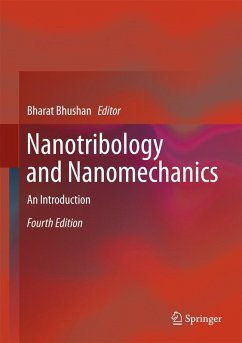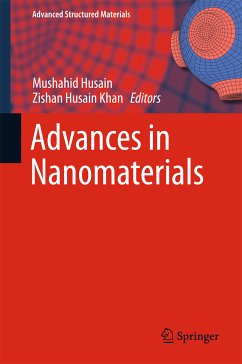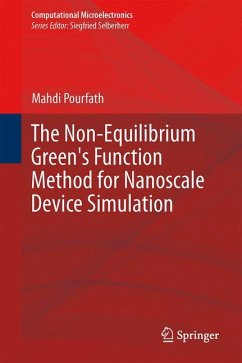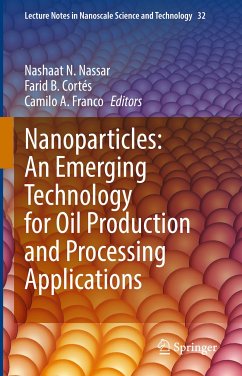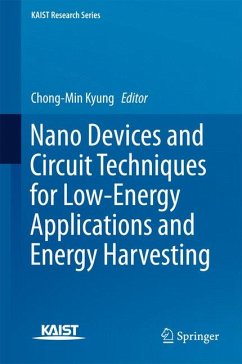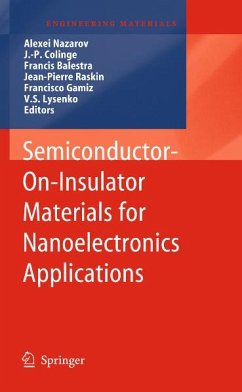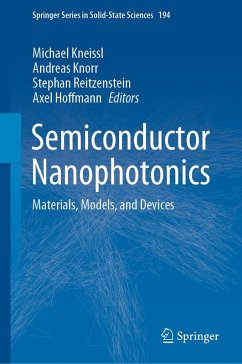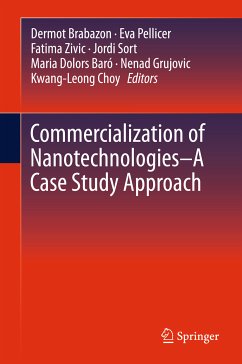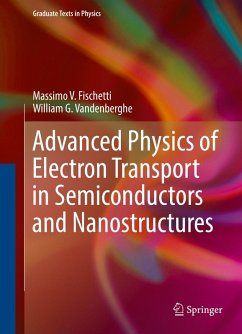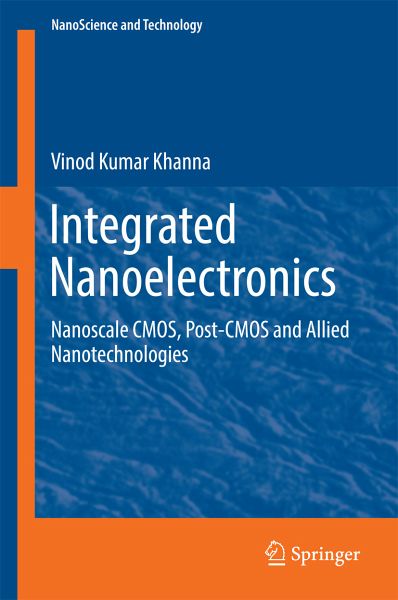
Integrated Nanoelectronics (eBook, PDF)
Nanoscale CMOS, Post-CMOS and Allied Nanotechnologies
Versandkostenfrei!
Sofort per Download lieferbar
72,95 €
inkl. MwSt.
Weitere Ausgaben:

PAYBACK Punkte
36 °P sammeln!
Keeping nanoelectronics in focus, this book looks at interrelated fields namely nanomagnetics, nanophotonics, nanomechanics and nanobiotechnology, that go hand-in-hand or are likely to be utilized in future in various ways for backing up or strengthening nanoelectronics. Complementary nanosciences refer to the alternative nanosciences that can be combined with nanoelectronics. The book brings students and researchers from multiple disciplines (and therefore with disparate levels of knowledge, and, more importantly, lacunae in this knowledge) together and to expose them to the essentials of int...
Keeping nanoelectronics in focus, this book looks at interrelated fields namely nanomagnetics, nanophotonics, nanomechanics and nanobiotechnology, that go hand-in-hand or are likely to be utilized in future in various ways for backing up or strengthening nanoelectronics. Complementary nanosciences refer to the alternative nanosciences that can be combined with nanoelectronics. The book brings students and researchers from multiple disciplines (and therefore with disparate levels of knowledge, and, more importantly, lacunae in this knowledge) together and to expose them to the essentials of integrative nanosciences. The central idea is that the five identified disciplines overlap significantly and arguably cohere into one fundamental nanotechnology discipline. The book caters to interdisciplinary readership in contrast to many of the existing nanotechnology related books that relate to a specific discipline. The book lays special emphasis on nanoelectronics since this field has advancedmost rapidly amongst all the nanotechnology disciplines and with significant commercial pervasion. In view of the significant impact that nanotechnology is predicted to have on society, the topics and their interrelationship in this book are of considerable interest and immense value to students, professional engineers, and reserachers.
Dieser Download kann aus rechtlichen Gründen nur mit Rechnungsadresse in A, B, BG, CY, CZ, D, DK, EW, E, FIN, F, GR, HR, H, IRL, I, LT, L, LR, M, NL, PL, P, R, S, SLO, SK ausgeliefert werden.



